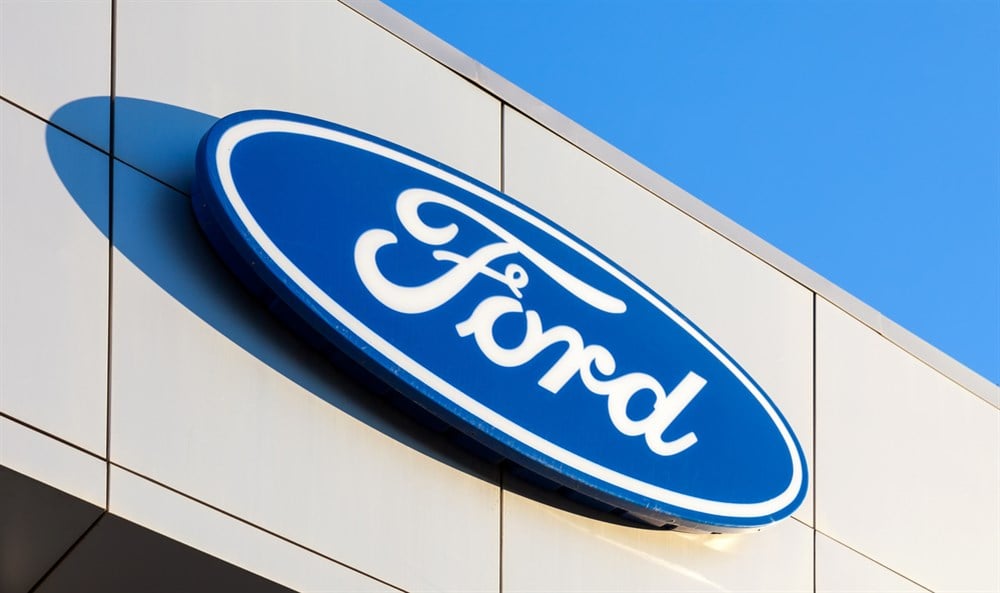
The global automotive industry has been one of the slowest cyclical groups to recover from the pandemic. When restaurants and retailers got back on their feet, automakers continued to struggle with parts shortages and lingering supply chain issues.
As the industry plays catch up, there are signs of improvement. Domestic new vehicle sales were up 8% year-over-year in the first quarter and European carmakers have experienced similar growth. In its latest quarterly update, Volkswagen asserted that “raw material supply and logistics will gradually stabilize in 2023.”
Unfortunately, as the supply outlook improves, consumer demand may weaken. Higher prices and car loan rates have some shoppers tapping the brakes on buying a new set of wheels.
Still, with global vehicle production growth accelerating to 6.1% last year and electric vehicle (EV) growth still in the early stages, the road ahead looks clearer for auto industry participants. But how to invest based on the auto stock price?
One strategy is to find stocks that not only have good growth prospects but also big dividend yields. As the industry rebounds, investors can fill up the tank with steady cash flow while also benefiting from secular growth trends. Auto manufacturers, suppliers and retailers are all in the driver’s seat, including these three dividend payers.
What Does Ford’s Earnings Report Tell Us?
Some 115 years after launching the Model T, Ford Motor Company (NYSE: F) remains a model of stability. America’s top-selling auto manufacturer in 2022 is one of only two domestic car makers that have never gone bankrupt. The other is Tesla (NASDAQ: TSLA).
Ford is off to a strong start this year after recording first quarter revenue growth of 20% and profits that handily exceeded Wall Street expectations. Wholesale units crossed the one million mark, helping the company increase its market share to 5%. This shows that in a world of upstart EV challengers, Ford remains relevant to value-conscious traditional car buyers while moving forward with its EV ambitions.
In its May 2 release, the company acknowledged economic uncertainty and industry price competition as profit challenges. But it also noted supply chain improvements and lower input costs as positives. This means that if demand and supply both continue to trend higher, financial results should do the same.
As the supply-demand tug of war plays out, Ford shareholders can collect a 60-cent quarterly dividend that equates to a forward yield of 5.1%.
Is it a Good Time to Invest in Magna International?
Magna International Inc. (NYSE: MGA) offers a 3.5% dividend that is also well above the sector and market yields. The Canadian auto parts supplier has been weighed down by the chip crunch and other industry constraints but sees things getting better in the back half of 2023. It should also benefit from moderating cost inflation as aluminum, steel and copper prices normalize. Vehicle body exteriors and structures account for around 40% of the business.
In addition to Ford, Magna’s customers include General Motors, Volkswagen, Daimler, BMW and Fiat Chrysler. Being closely tied to the fortunes of these leading manufacturers makes the stock an interesting backdoor way to invest in the auto industry recovery.
When the company reports first quarter results this week, the Street will be expecting 32% lower profits compared to the first quarter of 2022. The outlook is brighter, what with analysts forecasting that profits will grow in the second quarter for the first time in two years. A return to bottom-line growth and a share price halved from June 2021 could spark renewed interest in this 14-year dividend grower.
Is Autoliv a Good Dividend Play?
Swedish auto safety specialist Autoliv Inc. (NYSE: ALV) is off to a strong start in 2023. Last month, the company reported that revenue grew 17% in the first quarter and adjusted earnings per share (EPS) doubled to 90 cents. The bottom line was in line with Street estimates but revenue was better than expected, thanks to successful new product launches and higher pricing. This suggests conditions are indeed improving in Autoliv’s core European market.
Going forward, Autoliv may have a unique growth catalyst in its back pocket. Management noted that safety regulations and crash test standards are being continuously updated in the U.S. and India, which is expected to coincide with greater safety content per vehicle. This could, in turn, translate to rising demand for airbags, seatbelts and related Autoliv safety products.
Consensus EPS forecasts point to sequential bottom line improvements in each of the next three quarters. Autoliv is expected to generate full year EPS of $6.42, which means the stock trades at an inexpensive 13 times projected earnings. Add in a 3.1% dividend cushion and this auto stock becomes a safe way to play auto industry growth.





